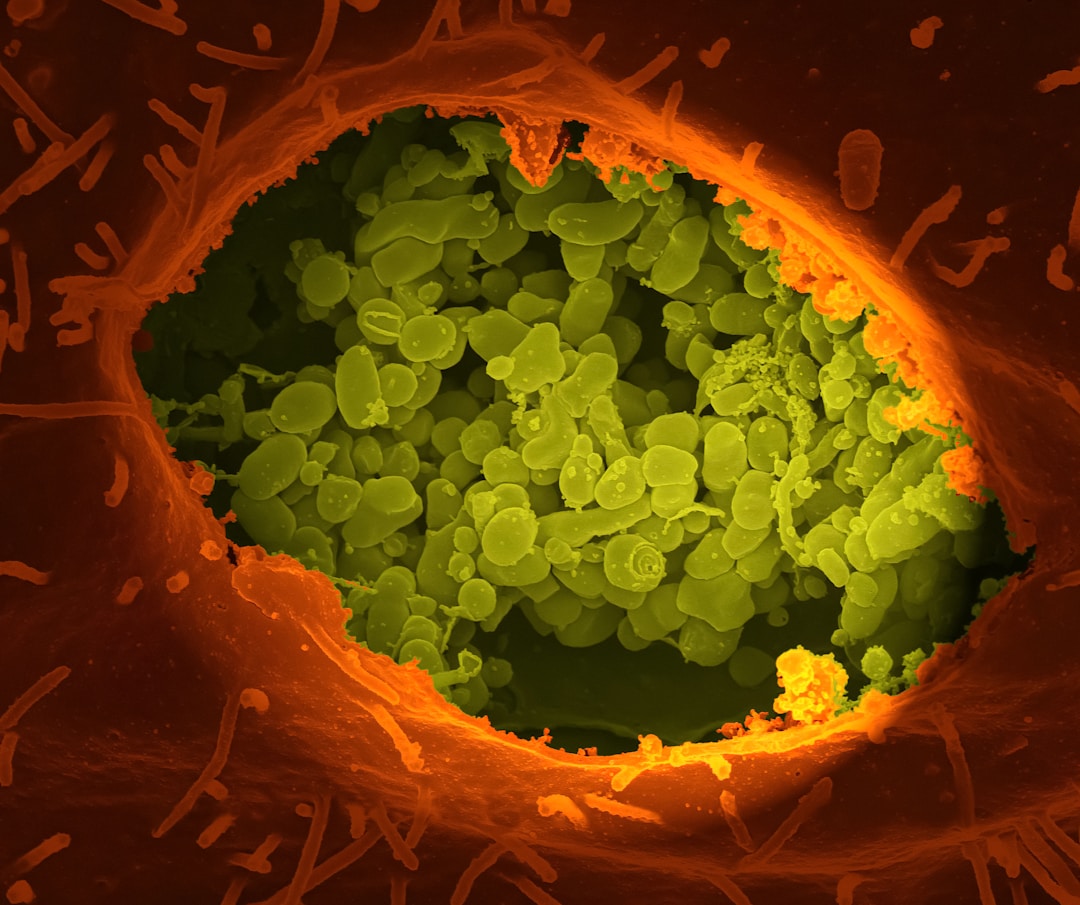Improving your gut health is a journey that can lead to better digestion, enhanced immune function, and even a more positive mood. Our gut is home to trillions of bacteria, both good and bad, and finding the right balance is key to our overall well-being. The foods we eat, the lifestyle we lead, and the supplements we take can all play a significant role in nurturing our gut microbiome. In this article, we’ll explore practical tips for enhancing your gut health, emphasizing simple yet effective strategies that can be incorporated into your daily routine.
Understand the Basics of a Gut-Healthy Diet
One of the best supplements for gut health is not a pill but the food you eat, although pill supplements are also key. A diet rich in fiber from fruits, vegetables, whole grains, and legumes feeds the beneficial bacteria in your gut. These foods undergo fermentation by the gut flora, producing short-chain fatty acids that have been shown to support gut health. Incorporating a variety of these foods into your meals ensures a diverse supply of nutrients that promote a healthy microbiome.
Additionally, reducing your intake of processed foods, artificial sweeteners, and sugars is crucial. These can disrupt the delicate balance of your gut flora, leading to an overgrowth of harmful bacteria. By focusing on whole, nutrient-dense foods, you support your gut health and your overall well-being.
Stay Hydrated

Drinking plenty of water is essential for maintaining a healthy gut. Water aids in digestion helps to keep the intestinal lining moist, and supports the transit of food through your gut. This can prevent common issues like constipation, which can lead to bloating and discomfort. Aim for at least 8 glasses of water a day, more if you’re active or live in a hot climate.
Herbal teas can also be beneficial for gut health. Options like ginger, peppermint, and chamomile tea offer soothing properties that can help reduce bloating and support digestion. Incorporating these into your daily routine can provide both hydration and digestive benefits.
Incorporate Probiotics and Prebiotics
Probiotics are live beneficial bacteria that can aid in restoring the balance of your gut microbiome. They can be found in fermented foods such as yogurt, kefir, sauerkraut, kimchi, and kombucha. Regular consumption of these foods can introduce beneficial bacteria into your gut, aiding in digestion and immune function.
Prebiotics, on the other hand, serve as food for these beneficial bacteria. Foods high in prebiotic fibers include garlic, onions, leeks, asparagus, and bananas. By incorporating both probiotics and prebiotics into your diet, you create an environment in your gut that supports health and well-being.
Manage Stress

The connection between the brain and the gut is well-established, with stress being a significant factor that can affect gut health. High stress levels can lead to changes in gut bacteria and increased intestinal permeability, sometimes referred to as “leaky gut.” Engaging in stress-reducing activities such as meditation, yoga, deep breathing exercises, or regular physical activity can help maintain a healthy gut-brain axis.
Furthermore, ensuring adequate sleep each night supports the body’s natural rhythms, including those in the gut. Aim for 7-9 hours of quality sleep per night to support overall health and gut function.
Conclusion: A Healthy Gut for a Healthy Life
Improving your gut health is a multifaceted approach that involves diet, hydration, stress management, and the judicious use of probiotics and prebiotics. By making these strategies a part of your daily routine, you can support your digestive health, enhance your immune function, and even improve your mood and mental well-being. Remember, the journey to better gut health is a personal one, and what works best can vary from person to person. Listening to your body and making adjustments based on how you feel is key to finding the right balance for your gut health. With these tips, you’re well on your way to nurturing your gut microbiome and enhancing your overall health.





